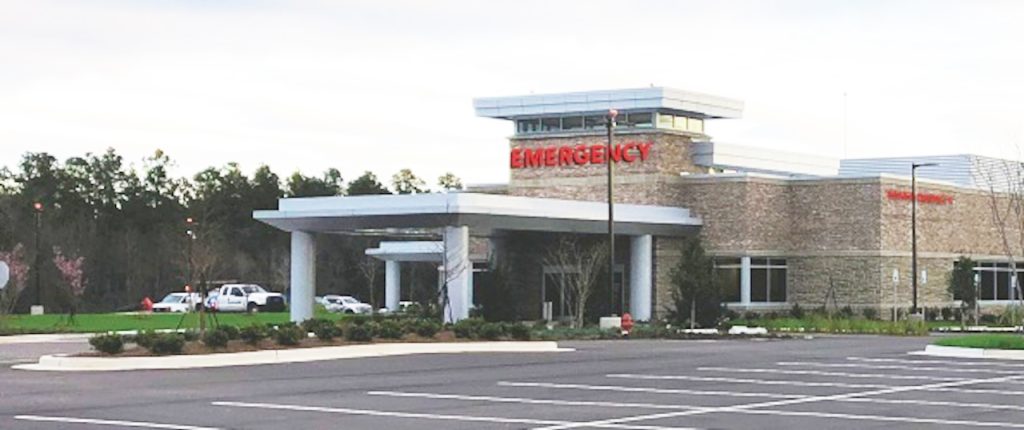By Savannah Tryens-Fernandes
A south Alabama hospital was highlighted in a recent report as performing one of the highest rates of unnecessary back surgeries in the country.
Over 37% of the spinal fusions performed at Mobile Infirmary were considered to be ‘unnecessary’ by the Lown Institute, a non-partisan think-tank in Massachusetts that releases an annual hospital ranking focused on patient safety and the value of care.
The national rate of spinal fusion overuse is 14%, according to the analysis.
“We trust that our doctors make decisions based on the best available evidence, but that’s not always the case,” said Dr. Vikas Saini, president of the Lown Institute. “In spinal surgery, as with other fields of medicine, physicians routinely overlook evidence to make exceptions, sometimes at shockingly high rates. This type of waste in Medicare is costly, both in terms of spending, and in risk to patients.”
Mobile Infirmary declined to comment on the report.
The report looked exclusively at surgeries performed on Medicare patients.
At Mobile Infirmary, 589 spinal fusions were performed on patients and the report said 221 of those were considered unnecessary – that rate is the ninth highest of all hospitals in the country that perform the surgery on Medicare patients.
Researchers looked at hospital data for common back surgeries, including spinal fusion, laminectomy, and vertebroplasty, for which clinical trials have repeatedly shown lack of benefit for certain patients.
For example, patients with low-back pain caused by aging or with spinal fractures caused by osteoporosis receive little benefit from these surgeries.
“Pretty much every surgery takes risk. There’s a risk of anesthesia, there’s the risk of the procedure itself, there’s the risk of infections or poor healing,” Saini told AL.com. “But in general, you want to pursue surgery when the benefit is way, way more likely than the risk that there’s something bad going to happen. When the benefit is basically hard to see, then it becomes mostly risk and not much benefit.”
The American Hospital Association has criticized previous studies by Lown as not being fair to hospitals and cherry-picking data.
The association on Tuesday told AL.com that while they have not done a deep dive into this report, “our general criticisms of Lown and their report remain the same as previous years.”
In 2022, AHA responded to a different Lown report on unnecessary surgeries, saying their report was ‘misleading’ with a narrow focus on Medicare patients and ‘glaring gaps in methodology.’
According to the latest Lown analysis, over 200,000 procedures nationwide met the criteria for overuse, costing Medicare around $2 billion from 2019-2021.
Overall, hospitals in Alabama overused spinal fusions and laminectomies by a rate of about 18%, accounting for a total of 3,344 unnecessary procedures. Vertebroplasties were overused in the state by a rate of 14.2% compared to a national average of 11%.
States with the highest rates of overuse were New Hampshire, Iowa, Massachusetts, and Pennsylvania for spinal fusions and Arkansas, Kansas, Oklahoma, and Nevada for vertebroplasties.
There are several reasons overuse happens, according to Saini. Sometimes it’s because doctors were trained before new evidence came out, or simply because the placebo effect of having surgery makes people feel better.
“It does bring in money. And it’s not that hospitals are desperate and want people being operated on, even if they don’t need it. It’s more that they kind of look the other way and they have no reason to examine the overuse,” said Saini. “It’s kind of a glorified honor system and one of the reasons why we did this report, because we want more people to talk about it and eventually do something about it.”
Saini said patients should not be wary of going to Mobile Infirmary for care, instead “if you’re looking to go to Mobile Infirmary for back pain, you want to get a second opinion.”
“I think what our data shows, and I think what we’re trying to encourage, is more people to ask questions,” he added.











